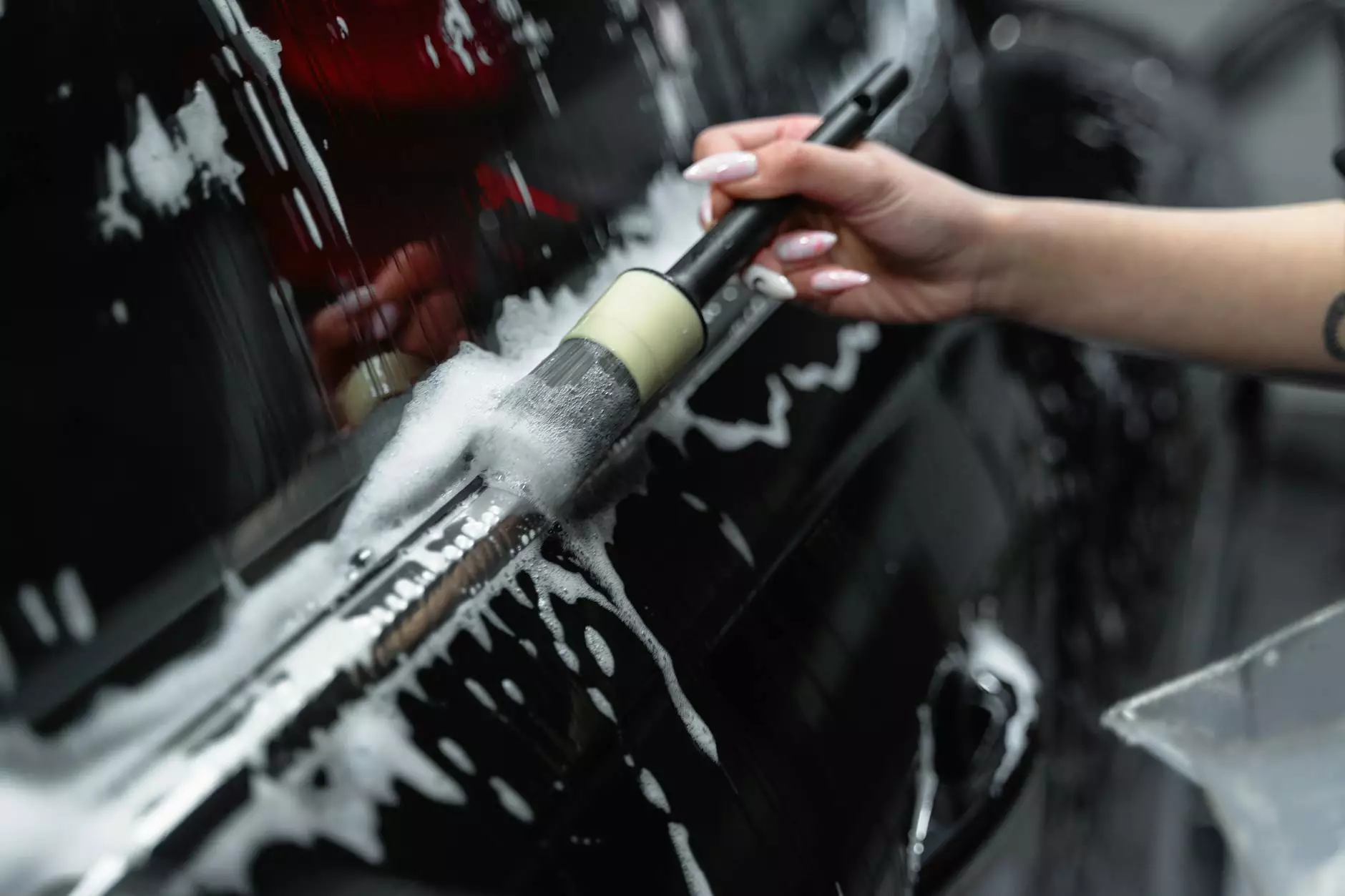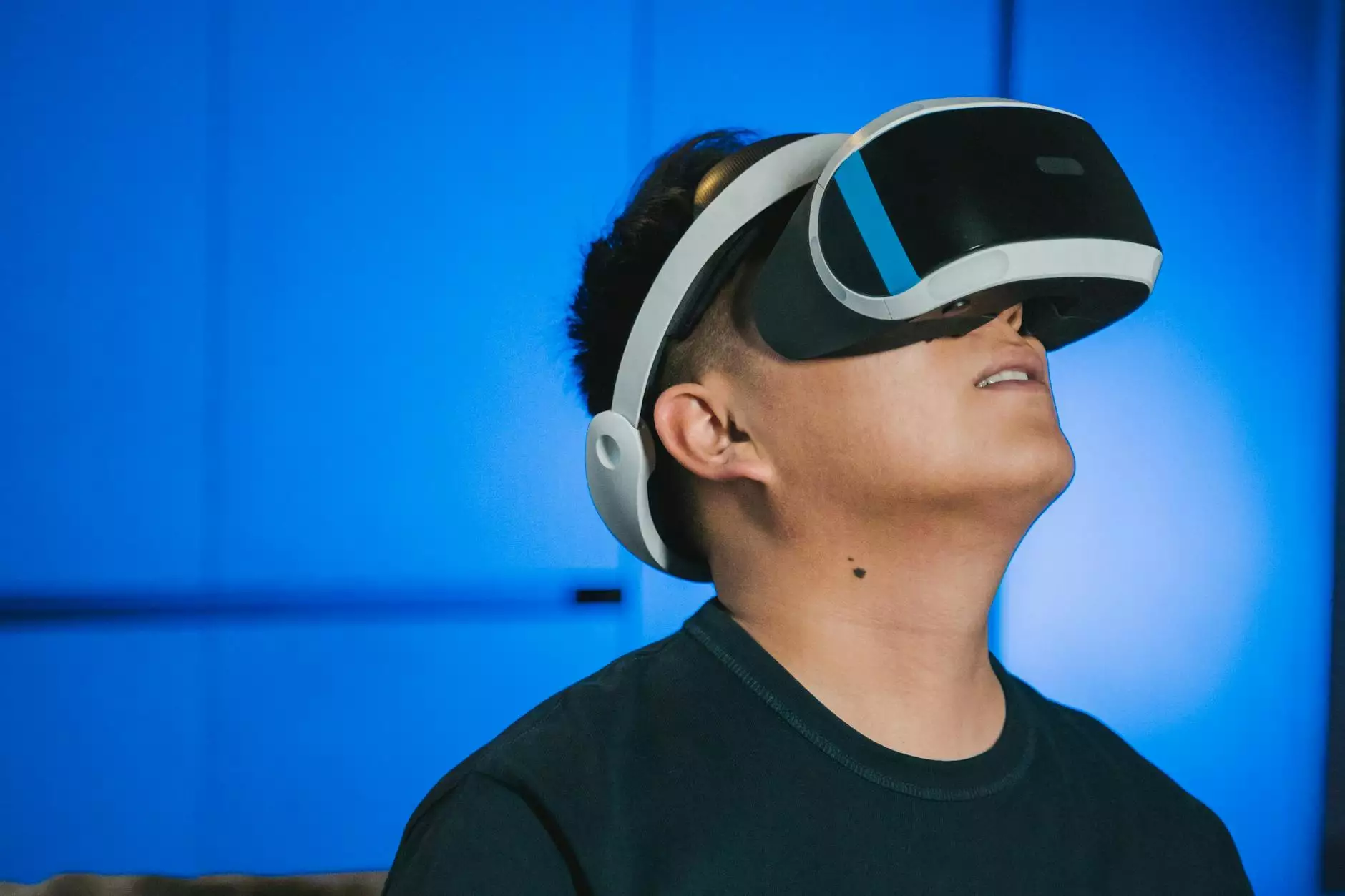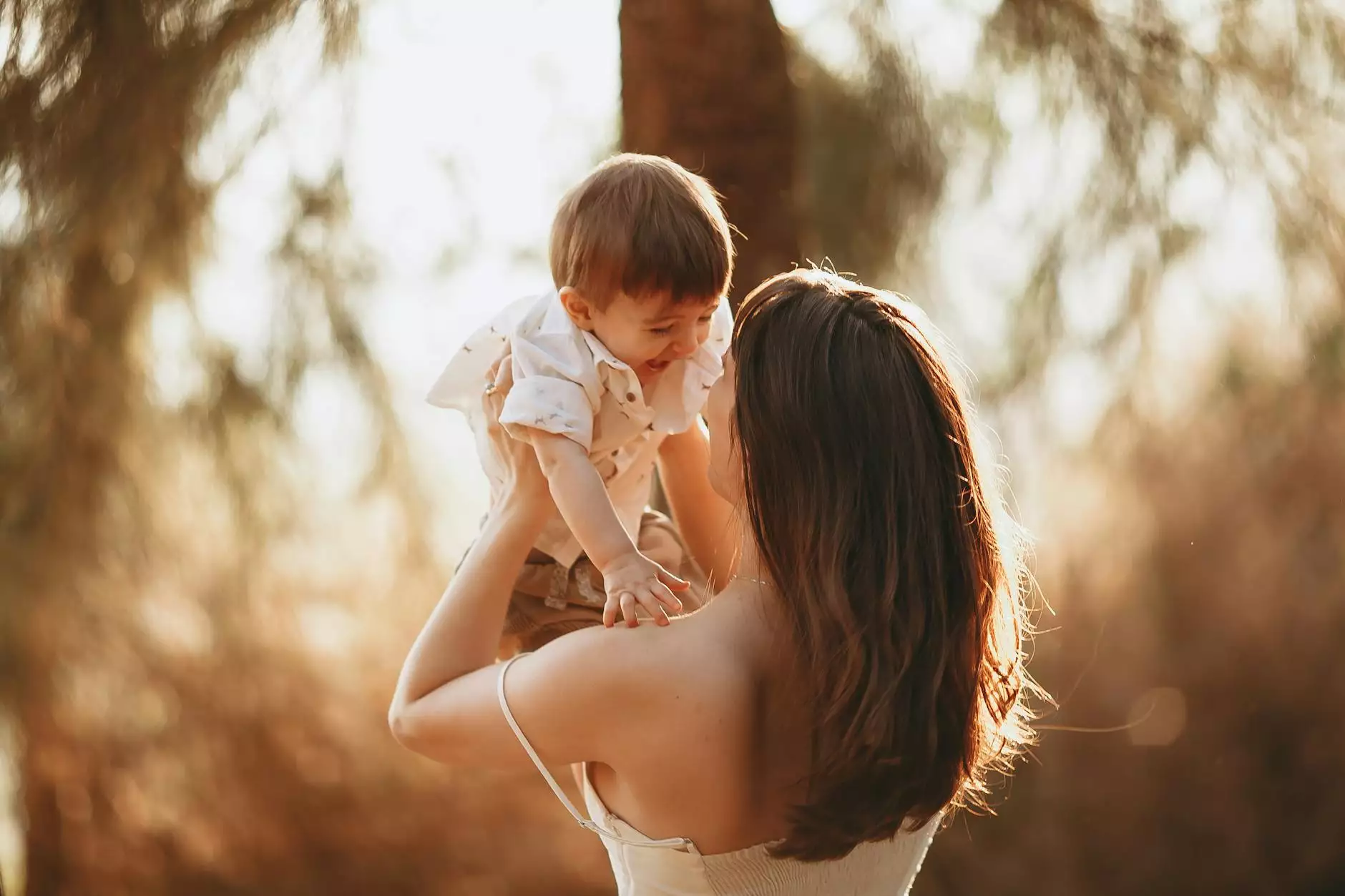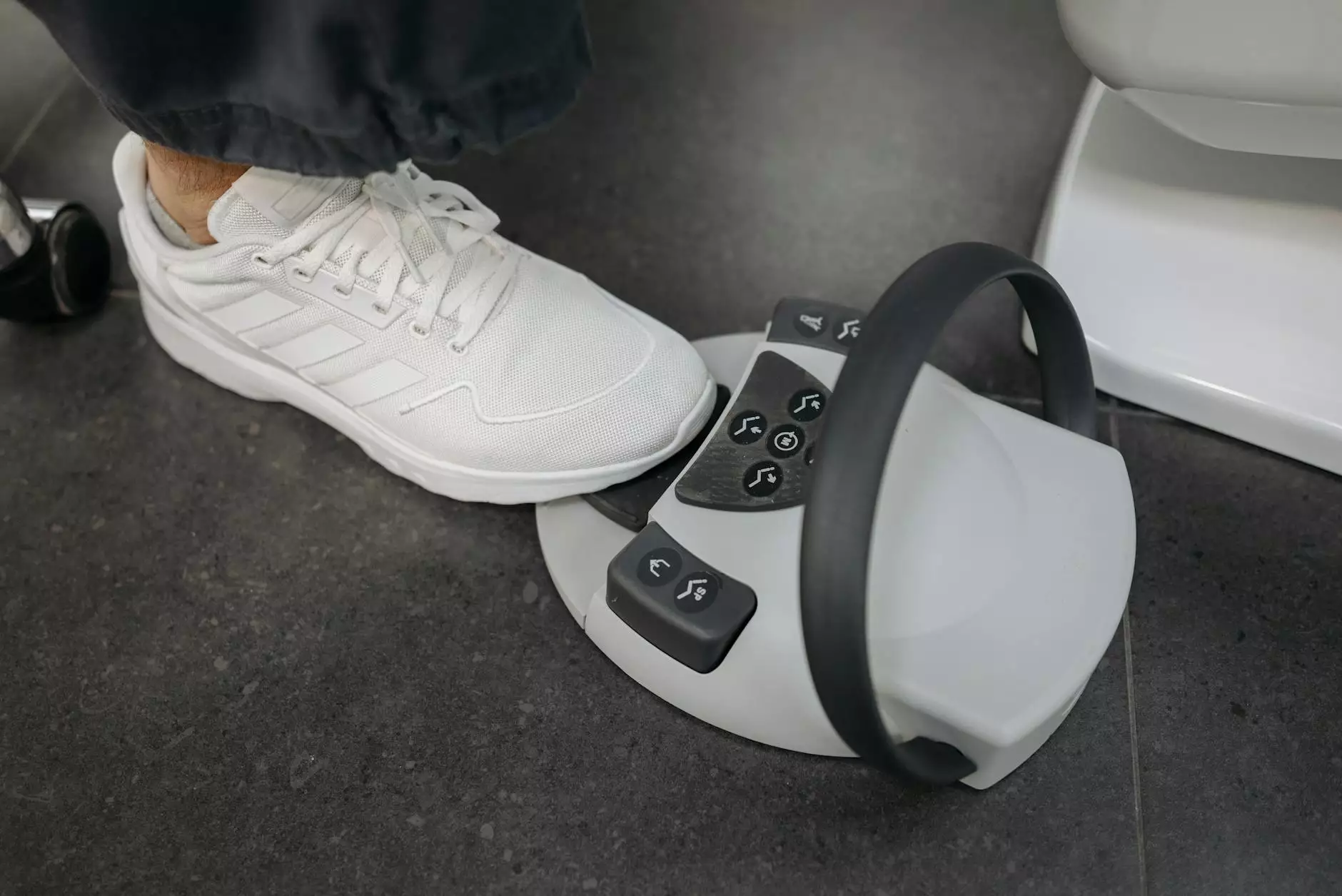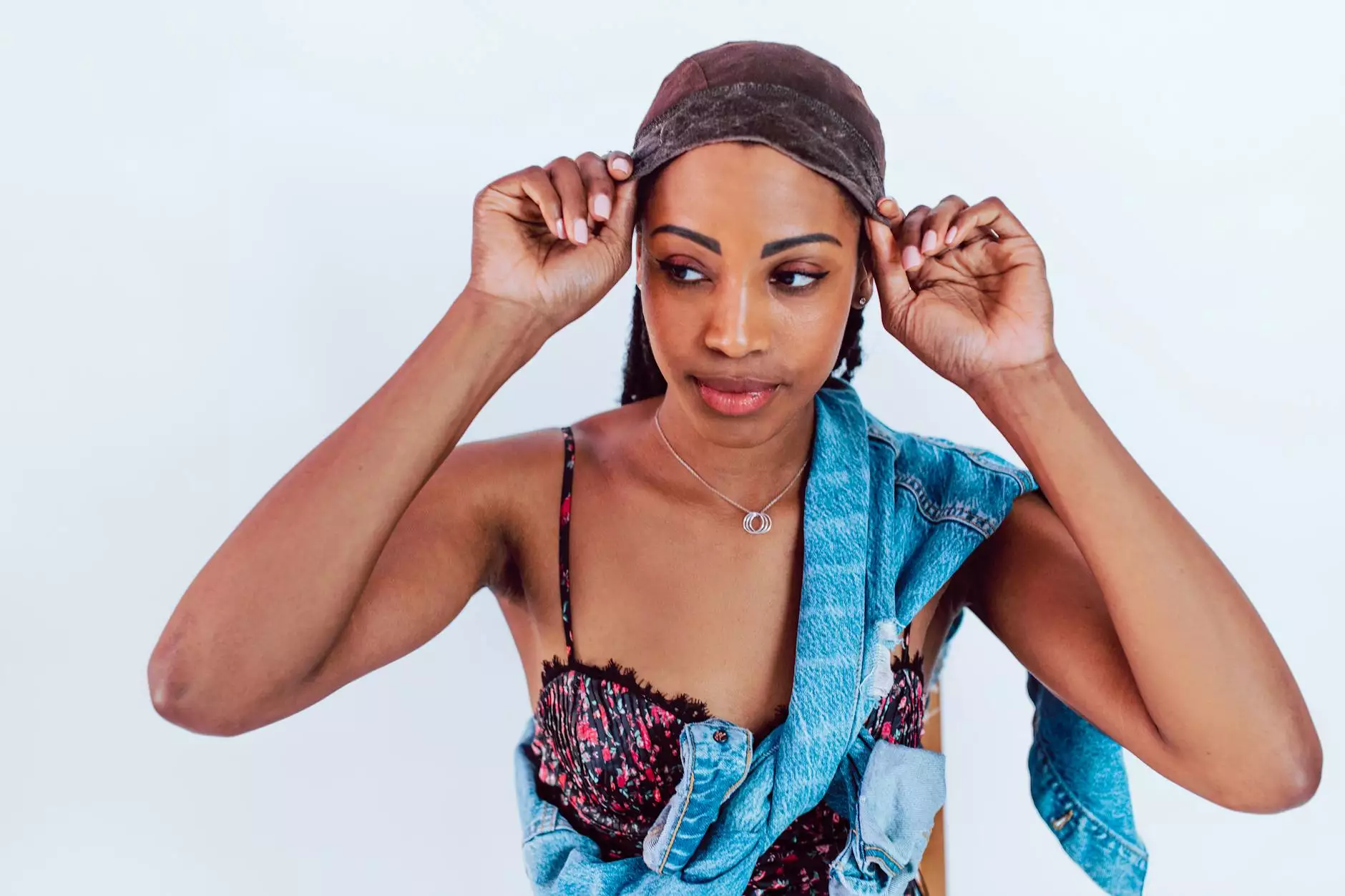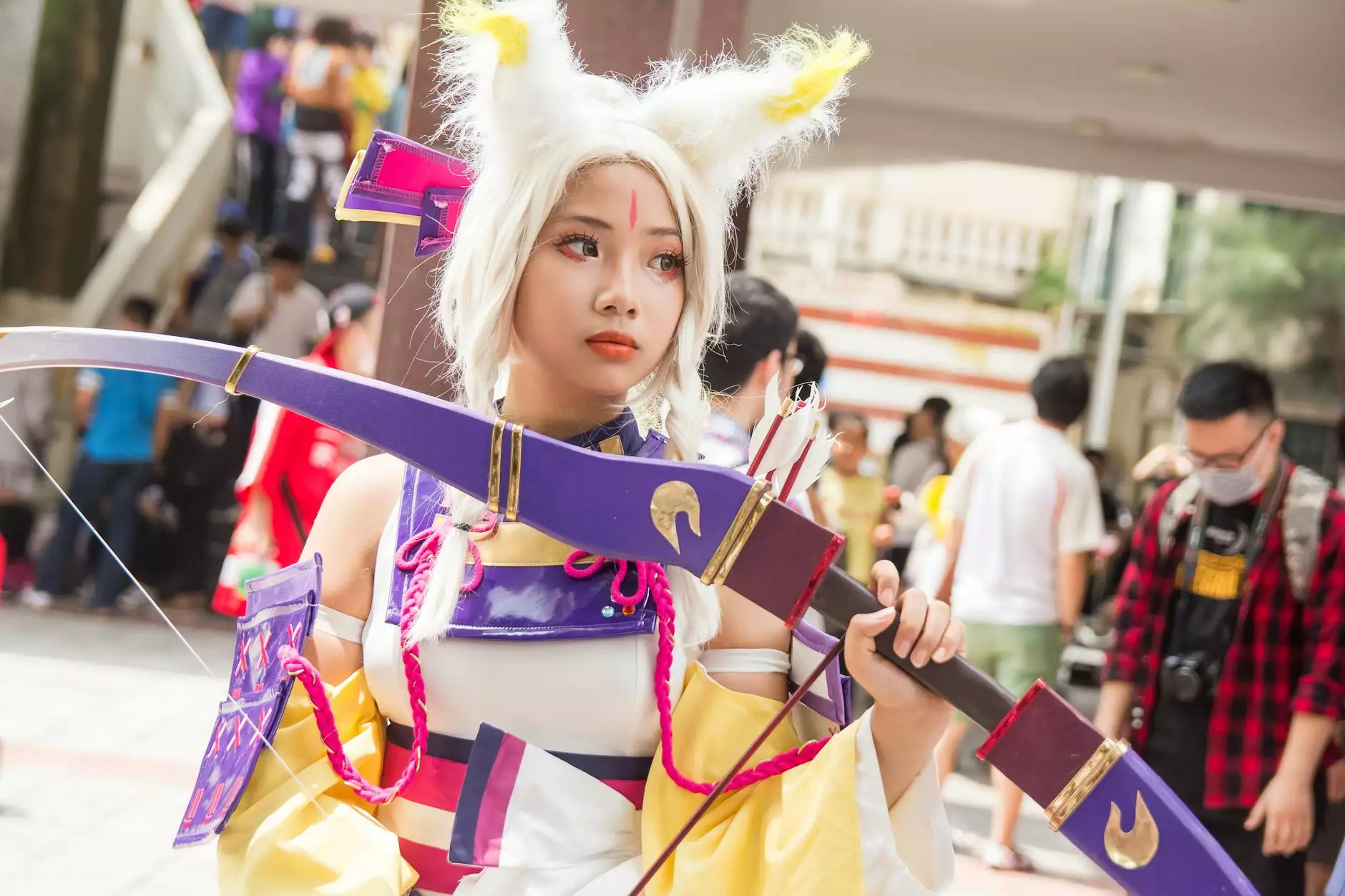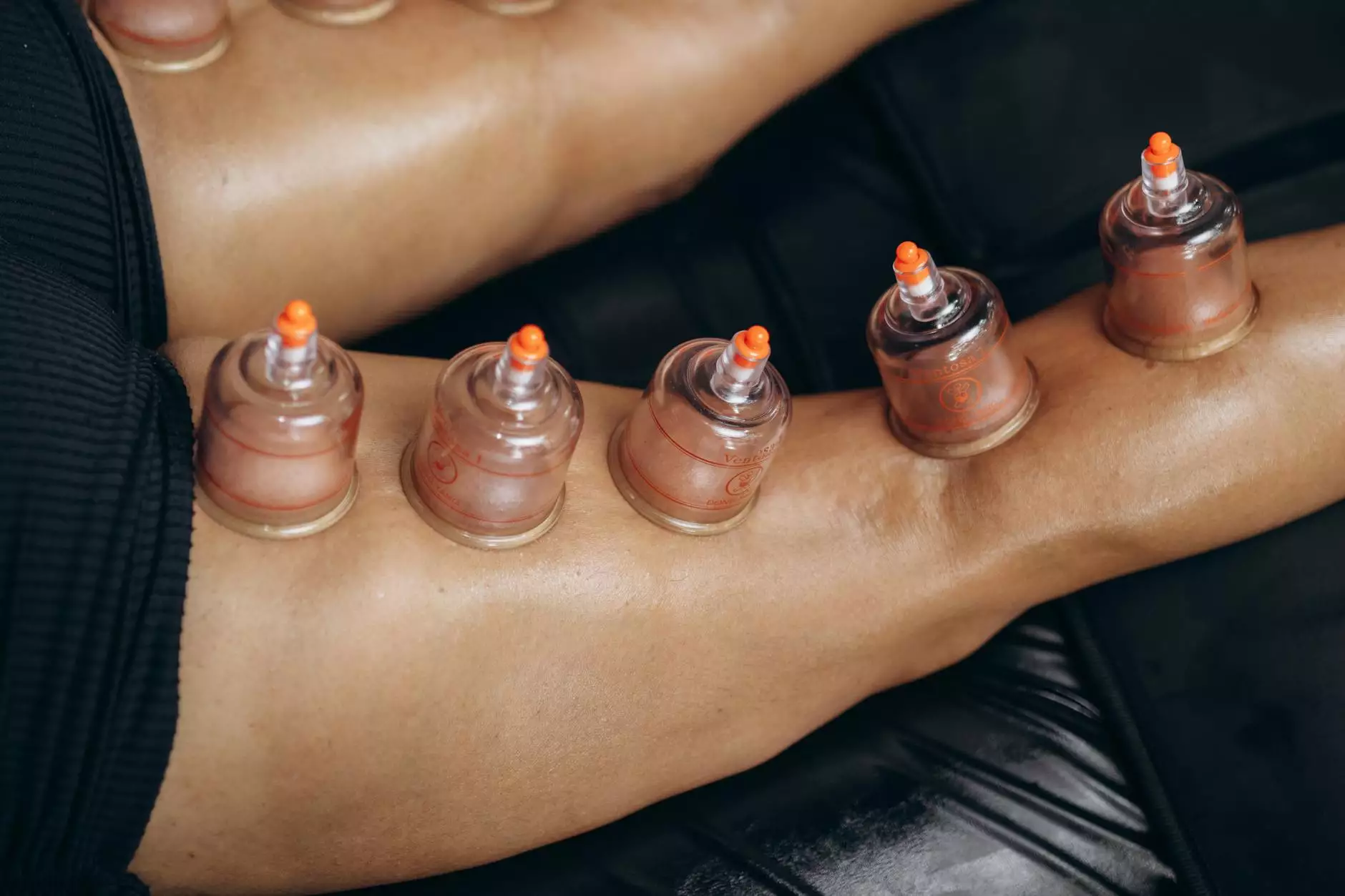Essential Event Photography Supplies to Elevate Your Business
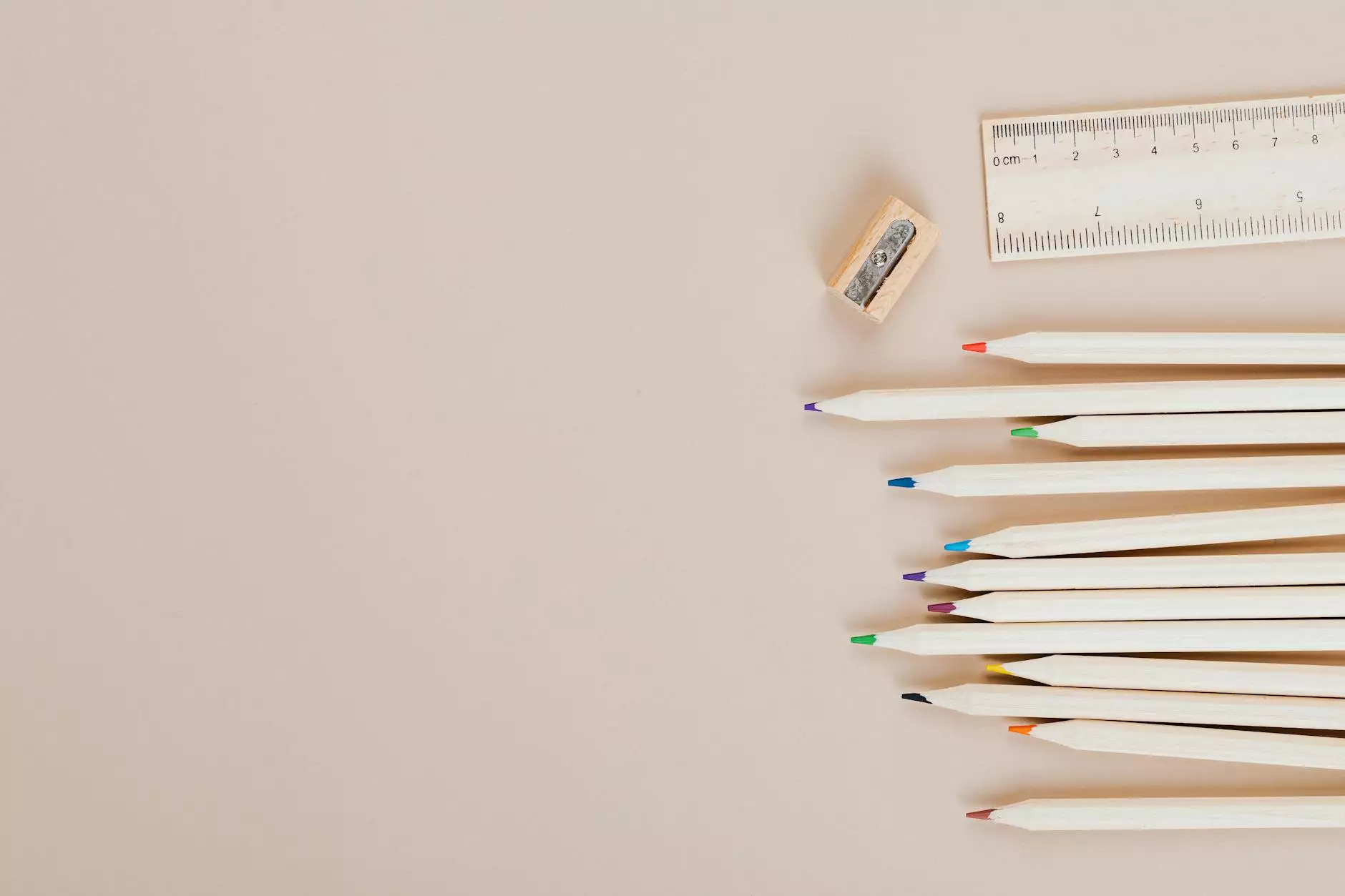
Event photography is a bustling field that requires not only skill but also the right event photography supplies to ensure stunning results. Whether you're photographing weddings, corporate events, or private parties, having high-quality supplies can make all the difference in capturing those precious moments. In this comprehensive guide, we will explore the must-have supplies and equipment needed for a successful event photography business, helping you to excel in this competitive market.
Understanding the Basics of Event Photography
Before diving into the specific supplies needed for event photography, it is critical to understand the foundations of the field. Event photography is all about storytelling through images, documenting important moments, and creating lasting memories for your clients. To achieve this, photographers must be well-prepared, and that preparation starts with having the proper supplies.
The Importance of Quality Equipment
When it comes to event photography supplies, the quality of your equipment can significantly affect the outcome of your photographs. Investing in high-quality gear not only helps in producing better images but also enhances your professional image in the eyes of clients. Below are the essential equipment categories every event photographer should consider:
1. Cameras
Your camera is the backbone of your photography business. When choosing a camera for event photography, consider the following:
- DSLR vs. Mirrorless: Both options have their pros and cons; DSLR cameras typically have longer battery life, while mirrorless cameras are generally lighter and more compact.
- Sensor Size: Full-frame sensors perform better in low light, which is often a consideration at events.
- High ISO Performance: This is crucial for shooting in dimly lit venues.
2. Lenses
Lenses are just as important as the camera body. A variety of lenses allows for flexibility when capturing different scenes and subjects:
- Prime Lenses: Such as 50mm or 85mm lenses are great for portraits and low-light situations.
- Zoom Lenses: Such as 24-70mm provide versatility for capturing different perspectives without having to switch lenses frequently.
- Wide-Angle Lenses: Ideal for group shots and large venue shots.
3. Lighting Equipment
Good lighting is vital in photography. Using the right lighting equipment can enhance your images dramatically:
- External Flashes: Speedlights and external flashes provide additional light when needed and can help reduce shadows.
- Softboxes and Umbrellas: These help diffuse light, creating soft and flattering images.
- Continuous Lights: Useful for video and certain still photography setups.
4. Tripods and Stabilizers
A tripod is essential for maintaining stability, especially in low-light conditions. Additionally, a stabilizer can ensure smooth video footage when filming events:
- Tripods: Look for stable and adjustable tripods that can handle your camera weight.
- Gimbals: These help keep your camera steady for video recording, ensuring smooth shots during events.
5. Backup Equipment
Events are unpredictable, and having backup supplies can save the day:
- Extra Cameras: A second camera can be invaluable if your primary camera fails.
- Memory Cards: Always carry more than you think you'll need—it's better to be safe than sorry.
- Batteries: Spare batteries will keep your shoot going without interruption.
6. Event Photography Supplies for Workflow Efficiency
Beyond the basic equipment, having the right supplies can enhance your workflow during events:
- Camera Bags: A durable, organized camera bag helps you stay mobile and keeps your gear safe.
- Laptop/Tablet: For on-site previews and image management while working at events.
- Portable Backdrops: Useful for creating a makeshift studio in event venues.
7. Post-Production Tools
The job doesn't end after the event. Post-production is where the magic happens:
- Editing Software: Software such as Adobe Lightroom and Photoshop is crucial for refining and enhancing your photographs.
- Color Calibration Tools: These ensure that your monitor displays colors accurately for editing.
Understanding Client Needs
While having quality event photography supplies is crucial, understanding your client's needs is equally important. Engage with your clients before the event:
- Consultation: Discuss their vision, preferred styles, and any specific moments they want captured.
- Event Timeline: Having an understanding of the event schedule will help you plan where to be at any given time.
Building Your Brand as an Event Photographer
Establishing a strong brand presence in the world of event photography is key to attracting clients:
- Create a Portfolio: Showcase your best work on a professional website, like mortonvisuals.com.
- Social Media Marketing: Utilize platforms like Instagram and Facebook to share your photos and engage with potential clients.
- Networking: Attend industry events, fairs, and workshops to connect with potential clients and other photographers.
Conclusion: Take Your Event Photography to the Next Level
In conclusion, investing in the right event photography supplies is an essential component of successfully capturing moments that clients will cherish for a lifetime. By focusing on quality equipment, understanding the needs of your clients, and building a strong personal brand, you can distinguish yourself in the competitive field of event photography.
Remember, while technical skills are important, the ability to connect with your clients and understand their vision will elevate your work beyond simply taking pictures. Embrace the journey of event photography, continue to learn, and stay updated with the latest trends and technologies in the industry to ensure you remain at the forefront of this exciting field.
With the right supplies and dedication, your event photography business can thrive, helping you create memorable images that tell a story and leave lasting impressions.
